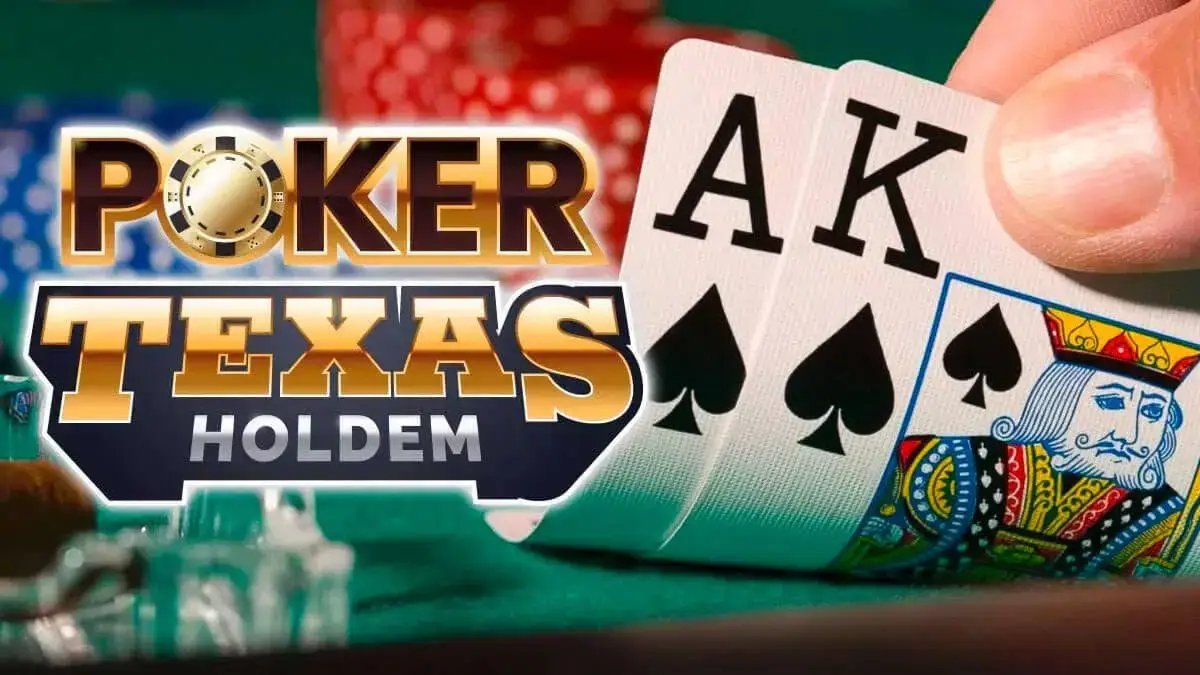Poker continues to grow in popularity in Russia, and many enthusiasts are keen to create tournaments that meet international standards while still taking into account local specifics. Whether it’s a small competition for friends or a major event with serious prize pools, knowing the details is key to creating a memorable atmosphere and a successful game.
The History of Poker Tournaments: From Wild West Saloons to Modern Casinos
History began in the XIX century, when in the saloons of the Wild West gathered lovers of risk and thrill. In Russia, the popularity of cards came already in the XXI century, after the first major competitions were organised in Sochi and Moscow.
Development and modern formats
Over time, the events have developed and evolved. In the 20th century, card duel entered casinos and became part of their regular programme, attracting more and more players. Today, the prize pools of niche championships are measured in millions of dollars, and participating in them has become a real career for many professionals.
Types of poker tournaments and their features
 There are poker tournaments for beginners, advanced players and professionals.
There are poker tournaments for beginners, advanced players and professionals.
Competitions for beginners are often held in the format of small meetings where participation requires minimal investment. For example, local clubs are popular in Moscow and St. Petersburg, where you can learn the basics of the game without risking large sums.

Gurus, on the other hand, involve serious stakes and long sessions that require stamina and the ability to build long-term strategies. These meetings are often organised as part of major events, such as the Sochi Series, and bring together many experienced players.
Differences
Fixed buy-in tournaments: Participants pay a certain amount of money to participate, creating a predictable prize pool. Freezeout tournaments: participants receive one stack of chips and if they lose it, they are eliminated from the process. These events require special care and attention, as there is no opportunity to rebuy.
Structure of poker tournaments and rules of participation
The rules of poker tournaments include several important points: starting stacks, blind levels and the time of their increase, as well as the order of elimination. It is also important to take into account the specifics of local legislation: all participants must be over 18 years of age, and the meetings themselves are held in strictly licensed venues.
The structure of a card super session is based on a sequence of stages, where players are gradually eliminated until there is only one winner left. Participation requires not only knowledge of the rules, but also the ability to distribute forces wisely throughout the challenge.
Useful tips:
- Conservation of resources: it is important not to spend all the chips in the first stages, but to save them for more decisive moments. This is especially true when you have a limited amount of chips and no opportunity to rebuy.
- Adapting to changes: the blinds are increasing and you need to change your strategy in time to avoid being at a disadvantage. Often a system of increasing blinds every 20-30 minutes is used.
Secrets of successful poker tournament organisation
It’s an art where excitement, strategic planning and a deep understanding of human psychology intersect at the same point. To organise a successful event, there are many factors to consider, from choosing the right venue to allocating the right buy-ins.
From a luxurious venue to a homely atmosphere
When choosing a venue for a poker tournament, it is important to take into account the regional characteristics and preferences of the participants. Russians often choose specialised clubs and halls that offer the atmosphere of a high-end event. Prestigious events such as the Russian Card Stud Cup often take place in Sochi, adding an element of glamour and high status.
For more modest meetings, private houses or rented premises are suitable, which can be equipped with everything you need: tables, professional chips and cards. The main thing is to create a cosy and engaging atmosphere so that each participant feels part of a unique event.

Buy-in is a symbolic threshold that determines the seriousness of intentions. In Russia, the amounts can vary from a few thousand roubles at local events to tens or even hundreds of thousands of roubles at large events. High buy-in adds excitement and motivates to act thoughtfully and strategically.
Stages
To successfully organise a poker game, key points are taken into account:
- Preparation and planning: choosing a place, determining the date and time, providing the necessary equipment (tables, chips, cards). It is also important to take into account the legislative nuances. In Russia, cards belong to the category of gambling, so the organisation of the bout requires compliance with all norms and licenses.
- Defining the rules and structure of the competition: buy-ins, starting stacks, blind levels, order of elimination.
These steps create a solid foundation for a competition where every participant will feel comfortable and confident, regardless of their level of expertise.
Poker Tournament Strategies and Psychology: How to Become a Master
Participation requires a serious approach to strategy and psychology. These are games not only with chips and cards, but also with nerves, thoughts and emotions. Moral stability in confrontations is a key success factor that determines every move and every bet of the card player. Many professional players pay special attention to psychological preparation, as they often face experienced opponents.
Emotional stability and strategies against opponents
Emotional balance is one of the main factors of success. Competitions can last several hours or even days, so tremendous stamina is important. Participants who can control their emotions maintain concentration and mental clarity throughout the session. It is important to use tactics to influence your opponents: small changes in behaviour, such as glances, gestures or even pauses in betting can significantly affect the perception of the other participants.
How to win in a poker tournament? Aggressive players often pressure their opponents into making mistakes, while more reserved players bet carefully and rationally. The ability to adapt and change tactics depending on your opponent is an important aspect that helps to achieve success.
Basic principles of winning strategies
- Analyse your opponents: Observing the style, behavioural patterns and reactions of your opponents helps to identify their weaknesses. It is important to keep mental notes of each poker player’s behaviour in order to predict their actions.
- Flexibility of strategy: the ability to change tactics in response to changing situations at the table is the key to long-term success. In Russian battles, competitors are often faced with changing blinds, which requires instant adaptation.
New horizons for gambling enthusiasts
New opportunities for players demonstrate the chances to participate in games from the comfort of their homes. Unlike classic casino poker tournaments, online there is no live contact with opponents and much of the strategy is based on mathematical calculation and watching the stakes.
Advantages and features of online poker tournaments:
- Accessibility and convenience: participate from anywhere in the world, all you need is an internet connection. Platforms such as PokerStars and 888poker are popular, where you can find variations of any level of difficulty.
- Variety of formats: online platforms offer a wide range of formats, from freezeouts to heads-up matches with rebuys. Satellites are also available, with winners receiving tickets to bigger events such as the EPT or WPT.
Games for the strong of heart
 Poker is gaining popularity, and holding a tournament requires taking into account many nuances, from preparing the venue to choosing the structure of the battle. You can try your hand at any level, from friendly games for beginners to professional events with worldwide recognition.
Poker is gaining popularity, and holding a tournament requires taking into account many nuances, from preparing the venue to choosing the structure of the battle. You can try your hand at any level, from friendly games for beginners to professional events with worldwide recognition.
 en
en  de
de  ar
ar  es
es  hi
hi  fr
fr  nl
nl  it
it  pt
pt  el
el 









